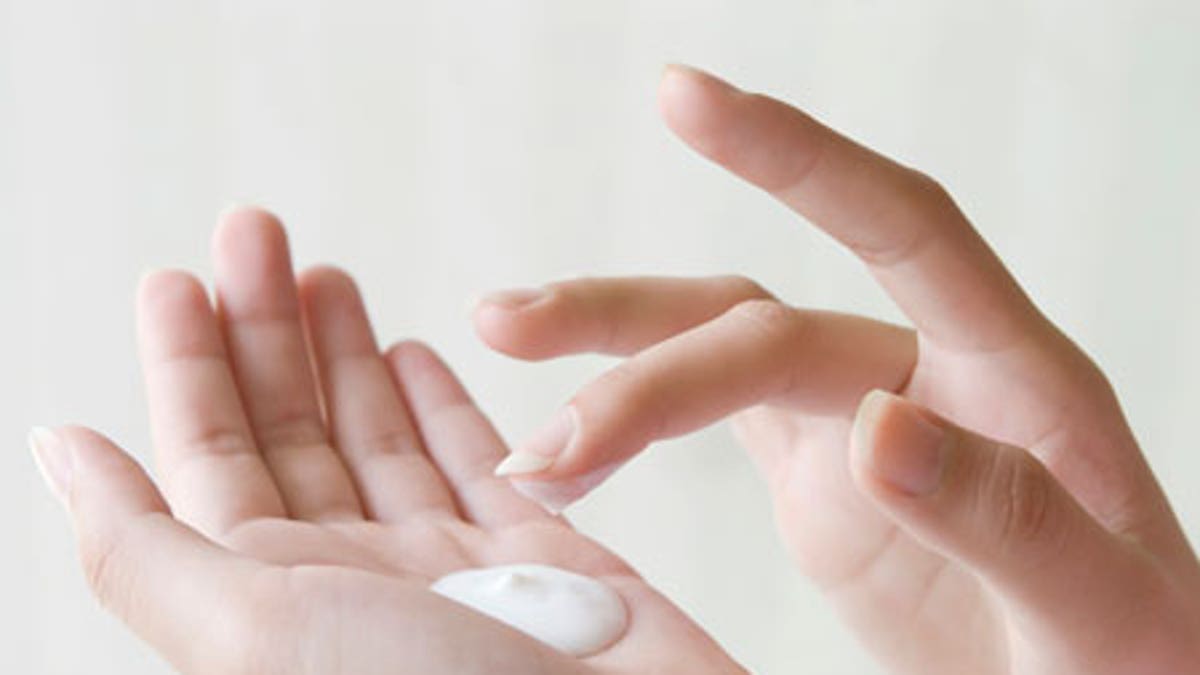
When the temperature drops, dry, flaky winter skin can develop. You can prevent the itchy, red and tight feeling with a few simple tips. Drinking plenty of water is one way to help hydrate skin. Unfortunately, this alone is not enough during colder months. Often you will need to change your skin care method, dermatologists recommend. If you follow a few simple guidelines, you can keep your skin moist and dewy, year-round.
Keep the air humid
The key to preventing winter skin is to stay hydrated, inside and out. Outdoors, the harsh winter winds dry out your skin. Inside, the hot air from heaters dries out your skin. But, there is a way around this dilemma. Return moisture to the air (and to your skin) by using a humidifier in your room and workplace, if possible. Also, make sure that the heat in your house is not at an unnecessarily high temperature during these winter months.
Related: Dry hands? Try these winter skin tips
Protect against the unforgiving climate
Make sure to bundle up when you step outside. Your hands are particularly vulnerable this time of year. To avoid spreading diseases, we often over-wash our hands and over-use alcohol-based (i.e. drying) hand sanitizers, according to experts. Try to take it easy on your hands and remember to wear gloves when you walk out into the cold!
Use a gentle cleanser
The same over-washing problem can affect the face as well. Many people use a facial cleanser that is too strong because they want their skin to be perfectly clean. Make sure you aren’t using an excessively harsh cleanser that robs your skin of the natural oils it needs to keep you hydrated.
Keep away from hot water in the shower
Hot baths and showers sound delightful, especially when it’s cold out, but the lasting effects might not be worth the heat. It may sound like a paradox, but spending more time drenched in water does not add to your skin’s hydration. Hot water can break down the lipid barrier of your skin, which robs your skin of moisture. You should use warm, rather than hot, water to cleanse and limit your time in the tub.
Moisturize, and don’t forget the SPF
Moisturizers can work wonders in keeping your skin healthy and in countering the drying effects of the season. You might need to use a thicker, more substantial moisturizer in the winter. The goal here is to lock in hydration that could be escaping under dry air. You should moisturize once in the morning and once before bed. During sleep your body repairs itself in many ways, and this includes your skin.
Also, make sure that the moisturizer you use in the morning is equipped with sun protection. Just because the sun doesn’t feel as strong in the winter doesn’t mean it can’t still harm you. You should also use a hydrating serum before you moisturize. Whereas moisturizers focus on your surface-level skin, serums focus on layers beneath the skin’s surface so that they get the moisture and nutrients they need during crucial stages.
